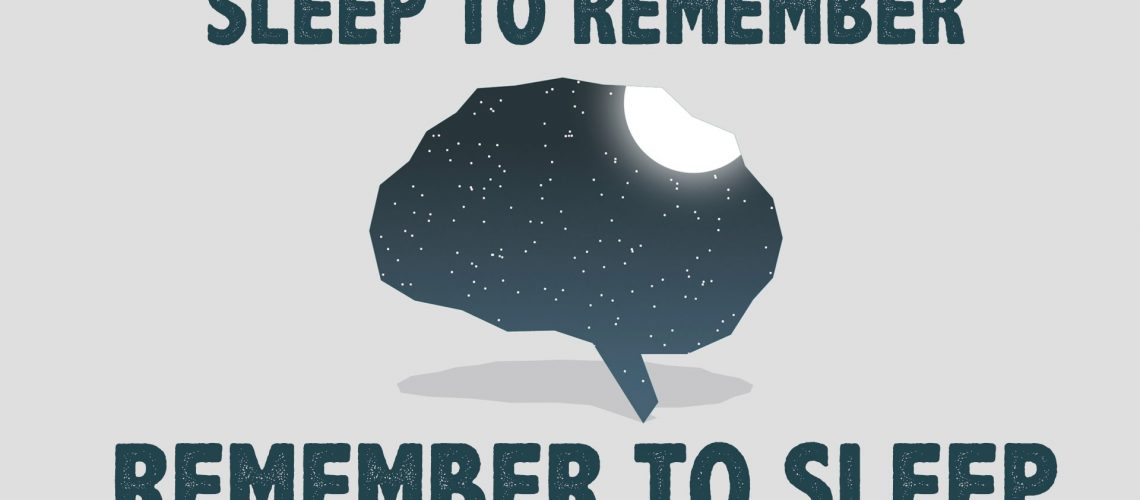Shai Marcu shows how sleep restructures your brain in a way that’s crucial for how our memory works.
Key Takeaways
Sleep isn’t just lost time or a way to rest. It’s a critical function which the body balances and regulates its vital systems. Effecting respiration, and regulating everything from circulation, to growth and immune response. Sleep is crucial for brain health, about 1/5th of circulatory blood is channeled to the brain as we drift off. While we sleep is an intensively active period of restructuring that is crucial for how memory works.
We regularly lose 40% of new material learned within the first 20 minutes, known as the forgetting curve. This memory loss can be prevented with memory consolidation, the process by which information is moved from fleeting short term memory to more durable long term memory. This consolidation occurs with the help of the hippocampus, which is involved with long-term declarative memory. (facts, answers for test)
This consolidation process works by sensory data is initially transcribed and temporarily recorded in the neurons as short term memory. From there it travels to the hippocampus, which strengthens and enhances the neurons in that cortical area.
Thanks to the phenomenon of neuroplasticity, new synaptic buds are formed allowing new connections between neurons and strengthening the neural network where the information will be returned as long term memory.
Few ways to influence the extent and effectiveness of memory retention. Memories that are formed in times of heightened feelings or stress (where you were for 9/11 or Miley Cyrus concert etc.) will be better recorded due to the hippocampus link with emotion.
One of the major factor to memory consolidation is a good night sleep. It is composed of 4 stages, the deepest of which are known as slow wave or REM (rapid eye movement) The different stages of sleep have been shown to help consolidate different types of memories.
During the non-rem slow wave sleep, declarative memory is encoded into a temporary store in the anterior part of the hippocampus. Through a continuing dialogue between the context and hippocampus, it is then repeatedly reactivated, driving its gradual redistribution to long-term storage in the cortex.
REM sleep on the other hand with its similarities to waking brain activity is associated with the consolidation of procedural memory. Based on the studies, going to sleep 3 hours after memorizing your formulas (declarative memory) and one hour after practicing your scales (procedural memory) would be the most ideal.

